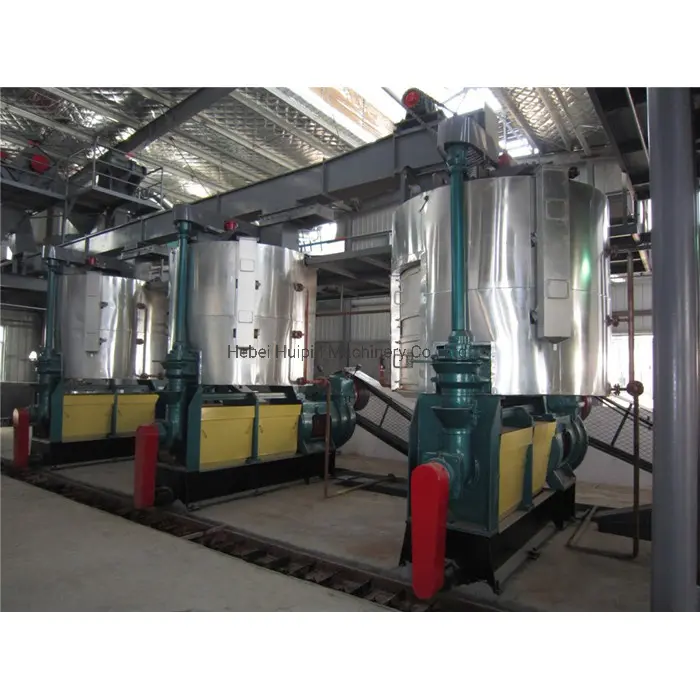Jul . 12, 2024 07:46 Back to list
Refining unit for rapeseed oil processing and purification for commercial scale operations
Rapeseed oil refining is a crucial part of the production process to ensure that the oil meets high quality standards for both domestic and commercial use. The refining unit plays a key role in removing impurities and enhancing the flavor and appearance of the oil.
The rapeseed oil refining unit typically includes several stages such as degumming, neutralization, bleaching, deodorization, and dewaxing. Each of these processes plays a specific role in improving the quality of the oil and making it suitable for consumption.
In the degumming stage, the oil is treated with water or acid to remove impurities such as phospholipids and proteins. This helps to improve the clarity and stability of the oil. Neutralization involves the addition of an alkali solution to remove free fatty acids and other impurities. This process also helps to enhance the taste of the oil.
Bleaching is another important step in the rapeseed oil refining process

rapeseed oil refining unit. This involves the addition of activated carbon or bleaching earth to remove pigments and other impurities that can affect the color and appearance of the oil. Deodorization is then carried out to remove any odors or flavors that may be present in the oil. This process helps to improve the overall quality of the oil and make it more appealing to consumers. Finally, dewaxing is done to remove any waxes that may be present in the oil. This helps to improve the clarity and stability of the oil, making it suitable for use in a variety of applications. Overall, the rapeseed oil refining unit is essential for ensuring that the oil meets high quality standards and is safe for consumption. By removing impurities and enhancing the flavor and appearance of the oil, the refining unit plays a vital role in the production process. Consumers can enjoy high-quality rapeseed oil that is not only healthy but also delicious.

rapeseed oil refining unit. This involves the addition of activated carbon or bleaching earth to remove pigments and other impurities that can affect the color and appearance of the oil. Deodorization is then carried out to remove any odors or flavors that may be present in the oil. This process helps to improve the overall quality of the oil and make it more appealing to consumers. Finally, dewaxing is done to remove any waxes that may be present in the oil. This helps to improve the clarity and stability of the oil, making it suitable for use in a variety of applications. Overall, the rapeseed oil refining unit is essential for ensuring that the oil meets high quality standards and is safe for consumption. By removing impurities and enhancing the flavor and appearance of the oil, the refining unit plays a vital role in the production process. Consumers can enjoy high-quality rapeseed oil that is not only healthy but also delicious.
Latest news
-
Leading Food Oil Refined Unit Companies | Quality & Efficient Solutions
NewsAug.27,2025
-
Expert Food Oil Refined Unit Companies | Advanced & Efficient Refining
NewsAug.26,2025
-
Food Oil Refined Machine Companies: High-Efficiency Oil Refining
NewsAug.25,2025
-
Popular Commercial Oilseed Crushing Machinery | High-Yield Oil Expeller Press
NewsAug.24,2025
-
Food Oil Refined Unit Companies: Leading Manufacturers & Exporters
NewsAug.23,2025
-
Expert Oil Filter Machine Service & Solutions | Quality & Reliability
NewsAug.22,2025
